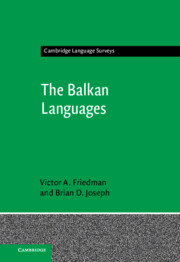
- Coming soon
- Publisher:
- Cambridge University Press
- Expected online publication date:
- June 2025
- Print publication year:
- 2025
- Online ISBN:
- 9781139019095
- Creative Commons:
-
This content is Open Access and distributed under the terms of the Creative Commons Attribution licence CC-BY 4.0 https://creativecommons.org/creativelicenses

